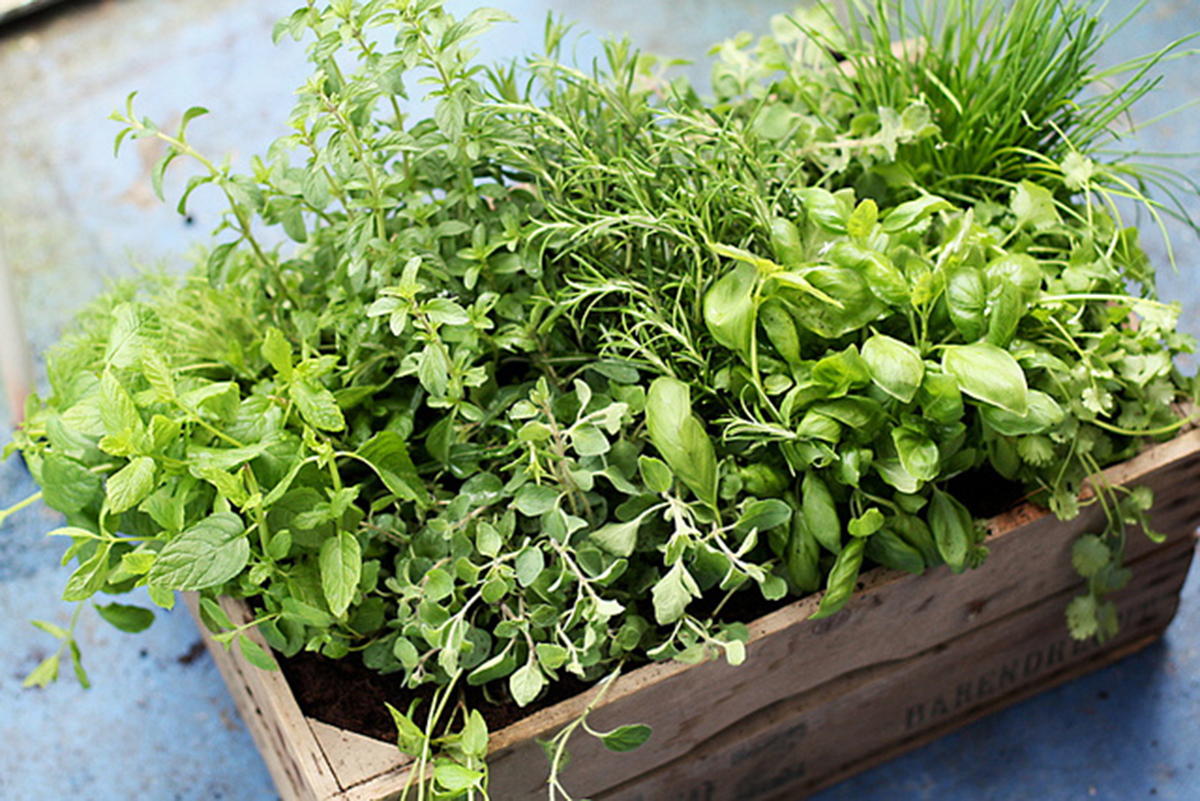Table of Contents
In the very center of Asia, where Russia, Kazhakstan, China, and Mongolia meet, is Russia's Altay Republic, a majestic territory of rushing rivers, towering mountains, and tranquil lakes. In the southern reaches of Siberia, the Altay Republic is also home to two of the most popular herbs in Russia and all of Central Asia, Rhaponticum carthamoides, also known as rhapoticum or maral root, and Rhodiola rosea, which is known by a variety of names, including rhodiola, rose root, golden root, Arctic root, Aaron's rod, and king's crown. Rhaponticum is a member of the sunflower family, while rhodiola is a member of the stonecrop family, a group of plants that have succulent, cactus-like leaves but grow in cold and dry climates.

Rhodiola and rhaponticum tend to grow in the same places. They are both adaptogens. As herbal medicines, they fight stress, increase stamina, and help their users achieve physical strength. They are also very popular in "love tonics" for both men and women all over central Asia and western China.
Rhodiola For A Competitive Edge
READ Herbs at Home: Herbs Grown in a Window Pot
Helpful When Oxygen Is In Short Supply
- Chinese scientists have found that rhodiola prevents damage to the hearts of lab animals that have severe sleep apnea.
- Scientists at the Gatorade Sports Research Institute in Illinois in the USA have found that rhodiola seems to help the brain compensate for lack of oxygen during athletic events. Athletes are sharper during their games when they take rhodiola.
- Another team of Chinese scientists has found that rhodiola compounds counteract dangerous chemicals made by breast cancer tumors when they are deprived of oxygen.
- Ahmed M, Henson DA, Sanderson MC, Nieman DC, Zubeldia JM, Shanely RA. Rhodiola rosea Exerts Antiviral Activity in Athletes Following a Competitive Marathon Race. Front Nutr. 2015 Jul 31.2:24. doi: 10.3389/fnut.2015.00024. eCollection 2015. PMID: 26284250.
- Qi YJ, Cui S, Lu DX, Yang YZ, Luo Y, Ma L, Ma Y, Wuren T, Chang R, Qi L, Ben BJ, Han J, Ge RL. Effects of the aqueous extract of a Tibetan herb, Rhodiola algida var. tangutica on proliferation and HIF-1α, HIF-2α expression in MCF-7 cells under hypoxic condition in vitro. Cancer Cell Int. 2015 Aug 15
- 15:81. doi: 10.1186/s12935-015-0225-x. eCollection 2015. PMID: 26279639
- Photo courtesy of icrontic: www.flickr.com/photos/icrontic/4784186115/
- Photo courtesy of suzettesuzette: www.flickr.com/photos/suzettesuzette/4615709577/

